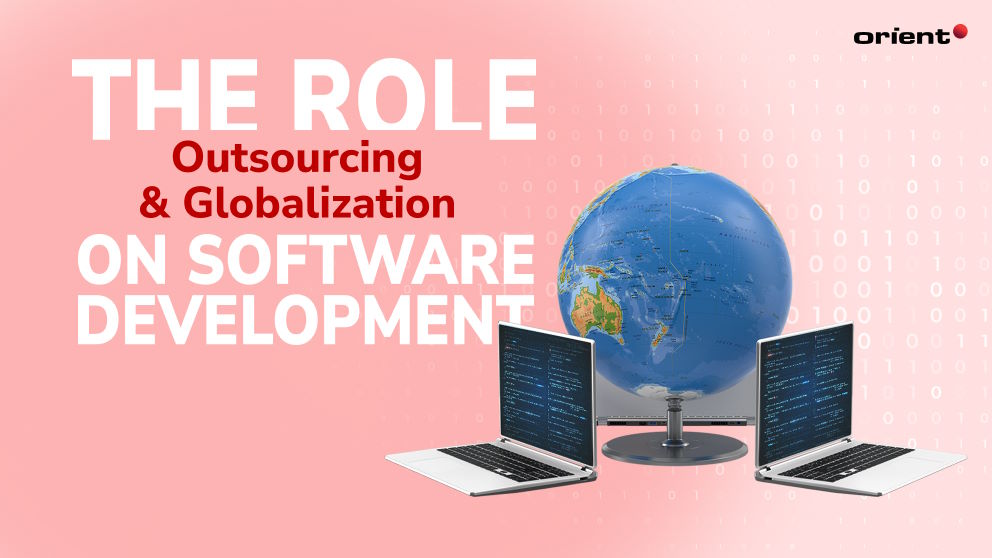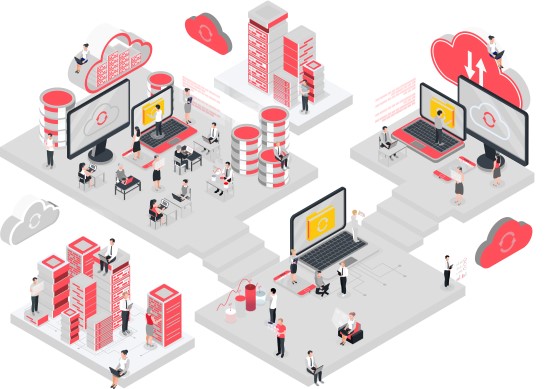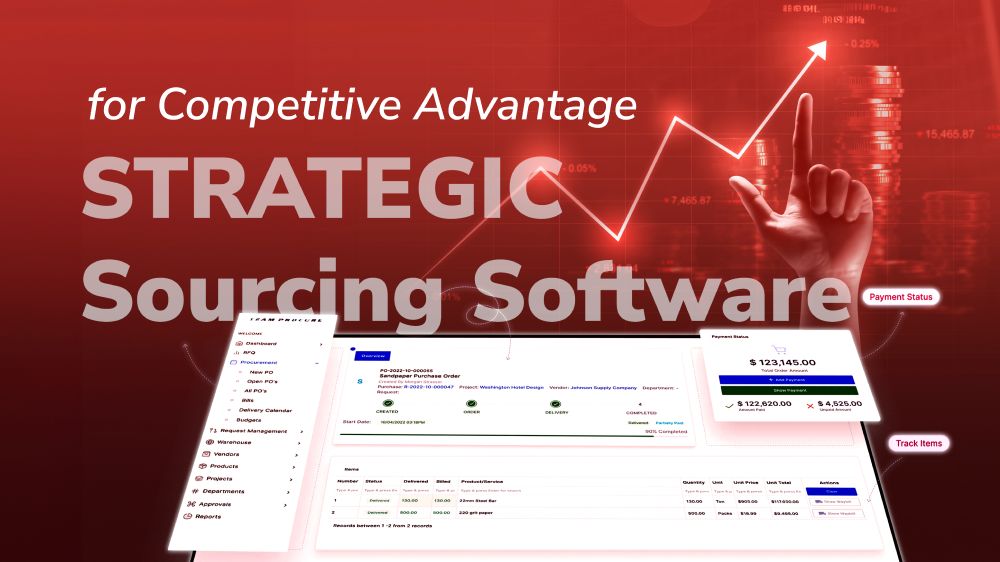Understanding the Role That Outsourcing and Globalization Has on Software Development

Content Map
More chaptersA world without outsourcing and globalization is hard to imagine. These days, it’s easier than ever to enlist the help of a third party over the internet, whether it be a company or an individual.
Need to hire a software developer? Type the phrase ‘software development company’ into Google. There, you will be greeted with millions of search results. All of their companies and individuals vying for your attention, promoting their own unique products and services, perks, benefits, and outcomes they promise to achieve for you.
As a customer, this can be overwhelming, as it can be hard to know which company or individual you can trust to work for you – especially when they are not a direct employee of yours.
Understanding the relationship between outsourcing and globalization
But what exactly is the relationship between outsourcing and globalization, anyway?
On the surface, the two concepts are directly related to each other. Globalization is the sharing and trading of concepts, ideas, people, products and services, and goods from one country to another. While outsourcing refers to a company or individual delegating tasks (typically reserved for an in-house employee) to a third party for them to complete on behalf of the company.
In this sense, globalization can be seen as a large umbrella term, one that encompasses many forms of international trade, be it the sharing of people, ideas, information, and goods. Meanwhile, outsourcing fits under the umbrella that globalization encompasses, as it relates directly to the sharing of people with specialist skills.
Therefore, outsourcing is the consequence of an increasingly globalized market and the gradual interdependence of economies, cultures, and populations. Outsourcing would not exist without globalization. And globalization would not exist without outsourcing: The two go hand in hand.
How outsourcing and globalization influence software development
With the advent of high-speed internet and online communication platforms like email, social media, and collaborative software (i.e., Monday, Slack, and Trello), it’s clear to see how outsourcing and globalization have influenced software development.
Back then, in the 80s and early 90s, software development companies were limited to hiring local talent. They would post job listings in print media like the newspaper, magazines, flyers, and brochures. They would interview potential candidates and narrow down the talent pool until they found the best fit for the job. The idea of hiring a worker who was interstate or overseas was unheard of, or at the least very difficult.
The internet changed everything quickly forward to the late 90s and early 2000s. It particularly influenced the outsourcing of white-collar jobs, such as coding, programming, and various forms of software development.
Suddenly, companies and individuals could communicate with each other around the world. This meant that companies could look outside of their local region to secure new talent. It also meant that existing tech companies could quickly, easily, and affordably expand their team of software developers. When it came to hiring new staff, one’s geographic location became less important than what one could bring to the table.
Thanks to onshore and offshore software development outsourcing, the competition has grown considerably. Previously, candidates were competing with others in their local region. But now, the competition has expanded to the entire global market. Software developers now need to compete with developers with different geographic locations, pay rates, cultures, ideas, workflows, and achievable outcomes.
For these reasons, outsourcing your software development tasks is easier than ever. But with so many service providers out there, how do you know which company is the right fit for you?
Economical and ethical considerations when outsourcing software development
There are considerations you need to take, both economic and ethical. In a globalized market, outsourcing to an offshore company could benefit you from an economic
standpoint. But, if the company was found to be treating their workers unfairly, this could reflect poorly on your reputation and cost you valuable customers.
This is an unfortunate reality of globalization and outsourcing. Western companies frequently outsource to companies in countries where pay rates, working conditions, health and safety, and employee rights are of a low standard. The result is the hiring company saves a fortune in labor costs but at the expense of utilizing an underpaid and unfairly treated workforce.
Obviously, not all hiring companies are aware of such inequalities right away. And most of them take the necessary steps to avoid hiring those kinds of companies in the first place. But other times, the damage is already done. The media publishes stories about these companies. And the hiring companies are left to pick up the pieces, try to remedy their reputation (if possible), and undo their wrongdoings by choosing better suppliers and contractor next time.
Therefore, it is so important to outsource only to trustworthy, reputable, and ethical companies the first time. Doing so, you will not only receive higher quality products and services but also preserve your valuable reputation and maintain the trust of your customers.
A successful outsourcing effort will also make you more competitive in your field, as you will have the required specialist skills and talent to provide better service, develop more innovative products, and release them to market sooner.
Data and security considerations
Another important consideration is data and security theft. When outsourcing to a third party, you are typically required to share files, data, information, and workflows that are unique to your business. This information can be used against you and potentially lead to misuse, loss of data, and even blackmailing efforts if it is in the wrong hands.
There are also strict privacy and security standards they must abide by as they relate to your country. So, you need to be sure they meet those standards before you share any valuable information with them.
Have a legal expert thoroughly review the outsourcing agreement between you and the third party. Ask them to explain, revise, or amend any terms that you either do not understand or they will not be included in the contract.
This way, you can be confident that both parties are on the same page. And you can relax knowing that your sensitive business and customer data is safe and secure. Most importantly? Your clients and customers will be grateful too.
While these considerations may limit the type of companies you work with, ultimately, the sacrifice is well worth it. After all, you don’t want to risk the standing and reputation of your business just to save a few dollars, right? Of course not!
Summary

Outsourcing and globalization have had a massive influence on the way the world works, how people communicate with each other, and the types of products and services that companies can provide. The relationship between the two cannot be denied, and in the world of software development, outsourcing has done a lot and contributed to the growth of the industry.
Of course, with so much potential comes great responsibility. Hiring companies need to do their due diligence when they approach an onshore or offshore third party. They must make sure their workers are treated fairly, their approach to data, security, and privacy are of the best standard, and that they have the skills and capabilities to deliver on what they promise.
By doing so, the outsourcing process will go much more smoothly, resulting in better outcomes for all parties involved.







